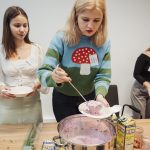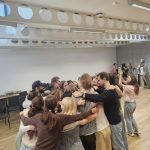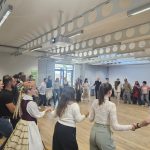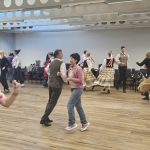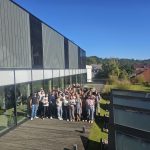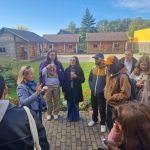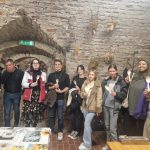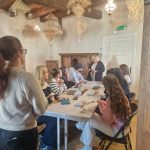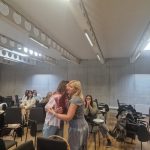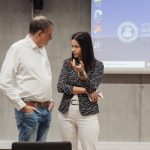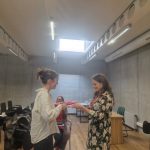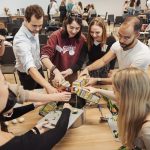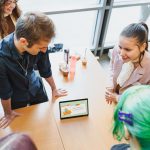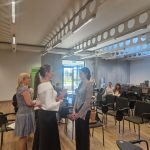The IFL held a blended intensive programme for students
On September 22-26, the Institute of Foreign Languages hosted a blended intensive programme “AI Meets Language: Unlocking Multilingual Intelligence,” which was attended by 30 students from Transform4Europe universities in Portugal, France, Germany, Poland, Bulgaria, Slovenia, Ukraine, and, of course, Lithuania.
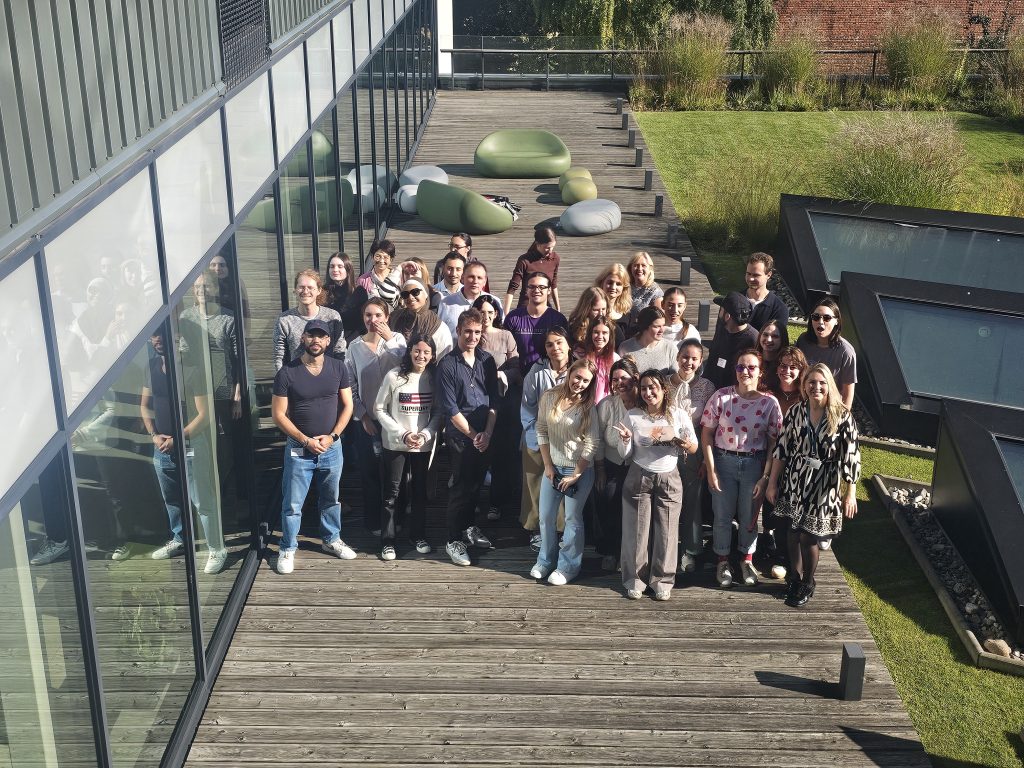 This blended intensive programme brought together students and teachers from various fields to explore the dynamic interplay between artificial intelligence (AI), language learning and intercultural communication. Combining distance and face-to-face learning, participants were introduced to tools and methodologies on how AI is changing our understanding of languages, their teaching and learning in a multilingual environment and provided the students with an opportunity to improve their multilingual and intercultural competence.
This blended intensive programme brought together students and teachers from various fields to explore the dynamic interplay between artificial intelligence (AI), language learning and intercultural communication. Combining distance and face-to-face learning, participants were introduced to tools and methodologies on how AI is changing our understanding of languages, their teaching and learning in a multilingual environment and provided the students with an opportunity to improve their multilingual and intercultural competence.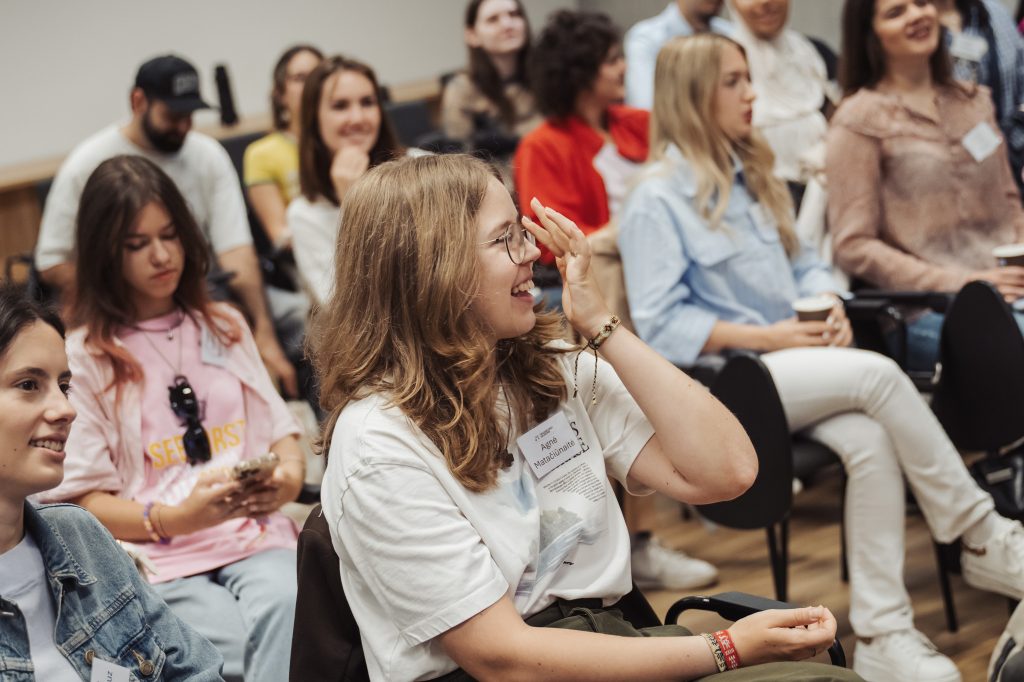
The students not only attended lectures and participated in discussions about AI tools and the challenges of intercultural communication, but also presented their countries and taught each other words and phrases in their languages. Everyone was particularly impressed by the project with the VMU Music Academy: the participants of the BIP led workshops for Music Academy students, who sang songs in all twelve languages of the Transform4Europe alliance during the final concert on the European Day of Languages. Naturally, the participants also had the opportunity to get to know Lithuania and its culture: they made šaltibarščiai (cold beetroot soup), went to a basketball game, danced Lithuanian dances and visited Kėdainiai, where they carved spoons from wood, made decorations from wicker, wove belts and tasted Kėdainiai pancakes.
Naturally, the participants also had the opportunity to get to know Lithuania and its culture: they made šaltibarščiai (cold beetroot soup), went to a basketball game, danced Lithuanian dances and visited Kėdainiai, where they carved spoons from wood, made decorations from wicker, wove belts and tasted Kėdainiai pancakes.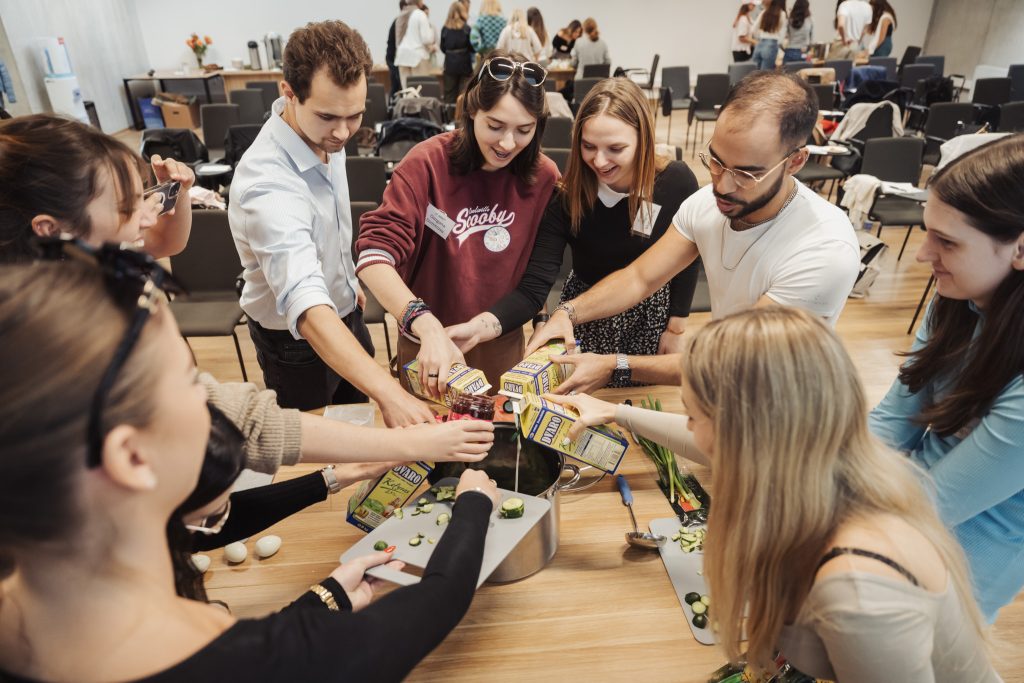
It is true that languages connect people. Students from different countries and universities who were complete strangers at the online meetings became best friends during the programme, promising to visit each other or return to Lithuania, to VMU.

Co-Funded by the European Union. Views and opinions expressed are however those of the author(s) only and do not necessarily reflect those of the European Union or the European Education and Culture Executive Agency (EACEA). Neither the European Union nor EACEA can be held responsible for them.


